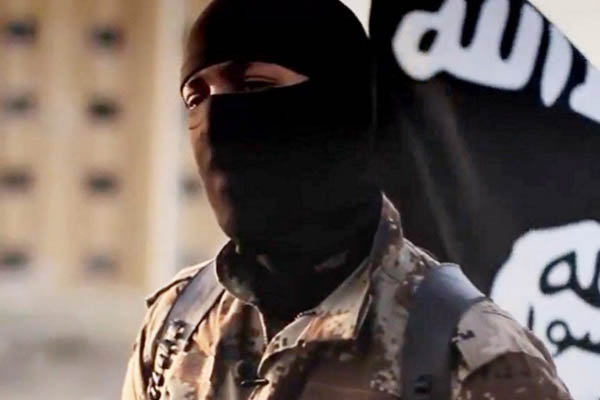
HO-FBI—AFP
National Consortium for the Study of Terrorism and Responses to Terrorism says violence and total deaths have decreased in Pakistan.
Despite a spate of bloody incidents that made global headlines, the total number of deaths in terrorist attacks fell last year by 14 percent, a U.S. government report said Thursday.
While the Islamic State group remains the major threat and carried out devastating attacks in France, Lebanon and Turkey—violence and total deaths decreased in Pakistan, Iraq and Nigeria.
According to figures compiled for the U.S. State Department, there were an average of 981 “terrorist attacks” per month worldwide in 2015, killing a total of 28,328 over the year.
This represents 13 percent fewer attacks and 14 percent fewer deaths than in 2014, according to the National Consortium for the Study of Terrorism and Responses to Terrorism (START). But while the global picture could be seen as encouraging, the figures record huge increases in indiscriminate political violence in Turkey, Bangladesh, Egypt, Syria and the Philippines.
The START figures were released Thursday as an annex to the State Department’s annual strategic assessment—Country Reports on Terrorism—prepared for the U.S. Congress.
This warned that the “global terrorist threat continued to evolve rapidly in 2015, becoming increasingly decentralized and diffuse.”
The report also placed some of the blame on nation states, warning that extremists exploit frustrations “where avenues for free and peaceful expression of opinion were blocked.”
Where countries, including U.S. allies, have rigged judicial systems and abuses by security forces and corrupt politicians go unchecked, violent non-state actors can win support. But the single greatest threat remains the Islamic State group and its growing legions of affiliates and supporters in the Middle East, Africa and South Asia.
The group has begun to lose ground to U.S.-backed forces in its self-declared “caliphate” in Syria and Iraq, and it has begun to struggle to find funds, the report concludes. But the I.S. group has expanded its territory in Libya, and its branch in Egypt’s Sinai Peninsula has gained strength, attacking local security forces and claiming the bombing of a Russian airliner.
The group has a small toehold in Afghanistan and in 2015 ordered or inspired attacks “by individuals or small groups of self-radicalized individuals in several cities around the world.”
The Nigerian-based group Boko Haram pledged loyalty to the Islamic State in 2015, but has since come under increased military pressure from regional government forces. Meanwhile, the I.S. group’s predecessor as public enemy number one, Al Qaeda, is seeking to mount a comeback and continues to inspire or order attacks, particularly in Yemen and East Africa.
